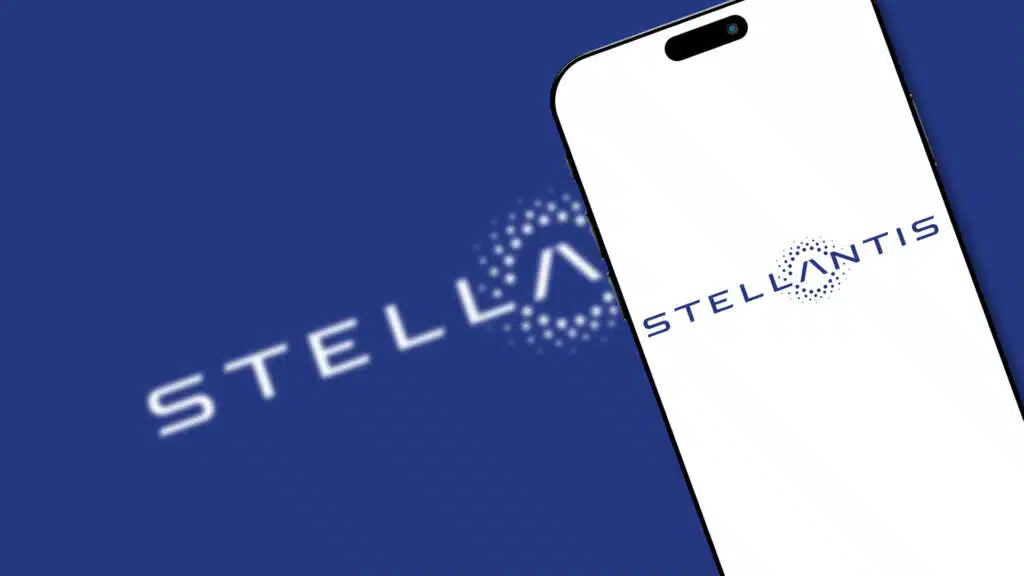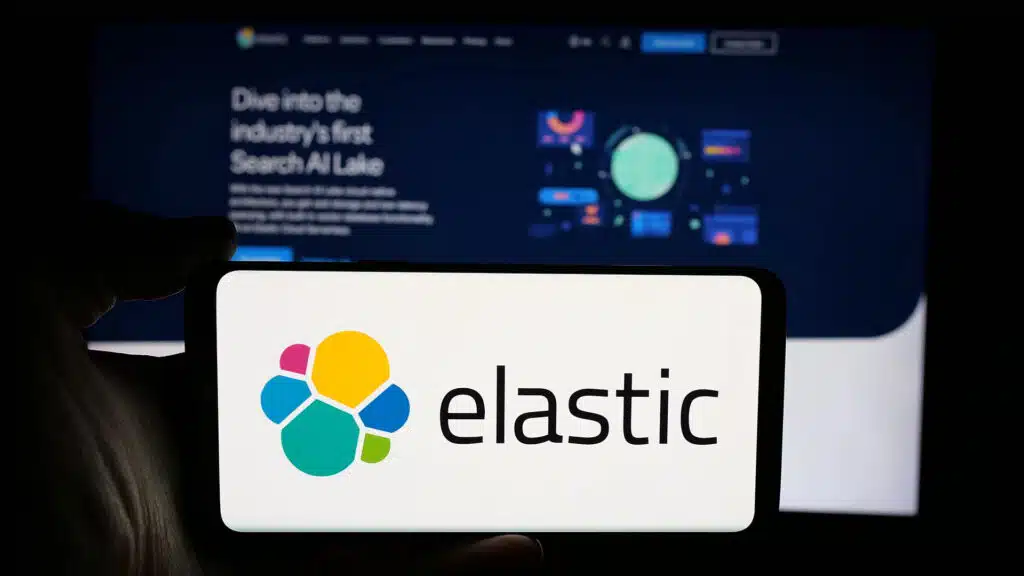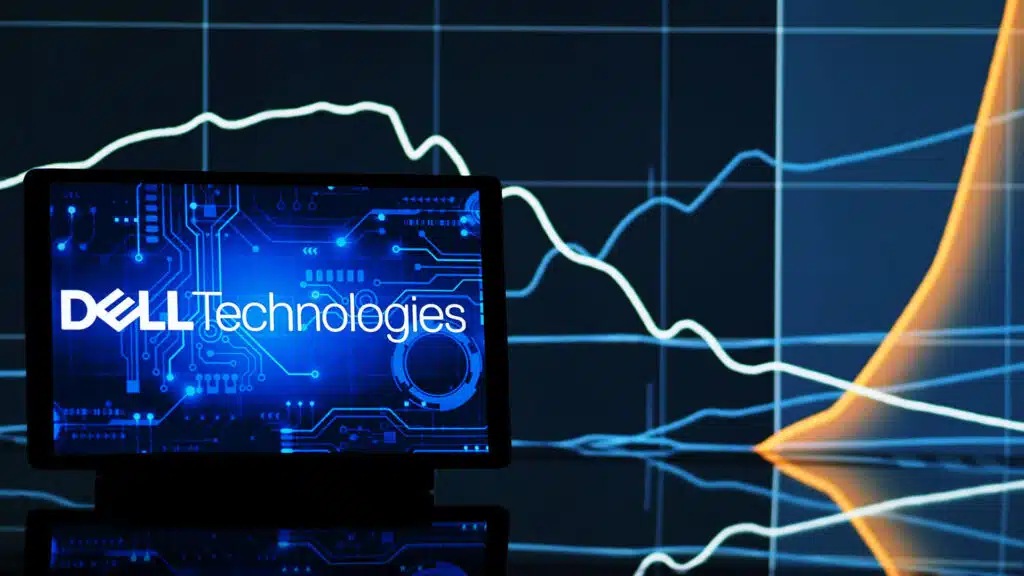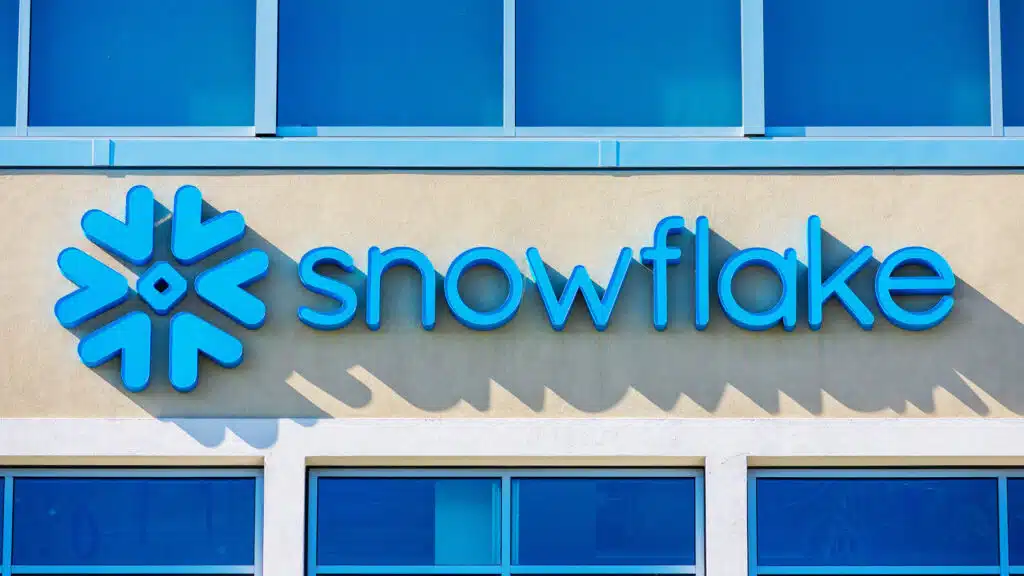The News: At KubeCon 2023 in Amsterdam last week Oracle and GitLab announced a partnership to focus on how they collaboratively accelerate AI and ML workload development. See the full Press Release from GitLab here.
GitLab and Oracle Partner to Accelerate AI/ML Development
Analyst Take: GitLab and Oracle took the opportunity presented by KubeCon 2023 to launch a strategic collaboration focused on Artificial Intelligence (AI) and Machine Learning. GitLab and Oracle announced a strategic partnership to help enterprises accelerate their AI/ML development. While Oracle certainly needs no introduction GitLab is a little less well-known, unless, of course, you are a coder.
GitLab is a DevOps platform that enables teams to collaborate and deliver software faster and more securely. GitLab offers a single application that covers the entire software development lifecycle, from planning to creating, verifying, packaging, releasing, configuring, monitoring, and securing. GitLab also integrates with various tools and platforms, such as Kubernetes, AWS, Azure, and Google Cloud. GitLab helps teams achieve better outcomes by reducing complexity, increasing efficiency, and fostering innovation. GitLab lists that it has more than 30 million users and 100,000 organizations as customers, including NASA, Siemens, Goldman Sachs, and Shopify.
The recently announced partnership will enable GitLab customers to use Oracle Cloud Infrastructure (OCI) as a scalable and secure cloud platform for their AI/ML projects. OCI supports a variety of open-source frameworks and tools for AI/ML, such as TensorFlow, PyTorch, Scikit-learn, and Jupyter.
Customers will be able to streamline their AI/ML workflows from data ingestion to model deployment using GitLab’s collaborative features, such as version control, code review, issue tracking, and CI/CD pipelines. GitLab and Oracle will also collaborate on open-source projects and initiatives that support the AI/ML ecosystem.
By integrating GitLab with OCI, customers will be able to streamline their AI/ML workflows from data ingestion to model deployment. Customers will be able to use GitLab’s collaborative features, such as version control, code review, issue tracking, and CI/CD pipelines, to manage their code and data across the entire AI/ML lifecycle. Customers will also be able to use OCI’s high-performance and cost-effective cloud resources to train and run their models at scale.
The partnership will also benefit the open-source community by providing more access and resources for AI/ML development. GitLab and Oracle plan to collaborate on open-source projects and initiatives that support the AI/ML ecosystem. Additionally, GitLab and Oracle will jointly host webinars, workshops, hackathons, and other events to educate and engage the AI/ML community.
Competitive Landscape
The partnership between GitLab and Oracle is one of the many examples of how AI/ML is changing the DevOps market. The fact that GitLab chose Oracle to partner with is not surprising, given the rapid rise of Oracle in the public cloud over the last 18-months but also due to the fact that Oracle is still a go-to option for many enterprises, especially the larger ones when it comes to data-driven projects. The market for collaborations in the DevOps and data space is rapidly maturing. Some similar partnerships in the market include:
Microsoft and GitHub: Microsoft acquired GitHub in 2018 and has since integrated its Azure cloud platform with GitHub’s DevOps platform. Microsoft also offers various AI/ML services and tools on Azure, such as Azure Machine Learning, Azure Cognitive Services, and Azure Databricks. GitHub users can leverage these services and tools to build and deploy AI/ML applications on Azure.
AWS and CodeGuru: AWS launched CodeGuru in 2019 as a service that uses AI/ML to provide automated code reviews and recommendations for improving code quality and performance. CodeGuru integrates with GitHub, Bitbucket, and AWS CodeCommit, and supports Java and Python languages. CodeGuru users can benefit from the AI/ML expertise of AWS to improve their code quality and efficiency.
IBM and Red Hat: IBM acquired Red Hat in 2019 and has since integrated its Watson AI platform with Red Hat’s OpenShift cloud platform. IBM also offers various AI/ML services and tools on Watson, such as Watson Studio, Watson Machine Learning, and Watson OpenScale. Red Hat users can leverage these services and tools to build and deploy AI/ML applications on OpenShift.
These partnerships show how cloud providers and DevOps platforms are collaborating to provide more value and convenience to their customers who want to adopt AI/ML in their software development lifecycle. They also show how AI/ML is becoming a key differentiator and competitive advantage in the DevOps market.
Looking Ahead
I had the opportunity to spend time with David DeSanto, Chief Product Officer, at GitLab during the event and listen to his discussion around Platform Engineering. The key takeaway is that hybrid cloud deployments are starting to move to the mainstream and that deployment concerns such as pipeline security, observability, and operational skills are coming to the fore.
This partnership is significant for the DevOps marketplace because it shows how GitLab and Oracle are responding to the growing demand for AI/ML solutions among enterprises. It also demonstrates how GitLab and Oracle are leveraging their respective strengths in DevOps and cloud to provide a comprehensive and integrated solution for AI/ML development. By partnering with Oracle, GitLab can expand its customer base and offer more value to its existing customers. By partnering with GitLab, Oracle can enhance its cloud offerings and attract more AI/ML developers and enterprises.
Disclosure: The Futurum Group is a research and advisory firm that engages or has engaged in research, analysis, and advisory services with many technology companies, including those mentioned in this article. The author does not hold any equity positions with any company mentioned in this article.
Analysis and opinions expressed herein are specific to the analyst individually and data and other information that might have been provided for validation, not those of The Futurum Group as a whole.
Other insights from The Futurum Group:
KubeCon 2023, Amsterdam: 10K Strong and Sold Out
GroqDay: Groq Sets its Sights on Accelerating the Speed of Artificial Intelligence
GitLab SaaS Arrives in the New GitLab Dedicated Platform
Author Information
Steven engages with the world’s largest technology brands to explore new operating models and how they drive innovation and competitive edge.







